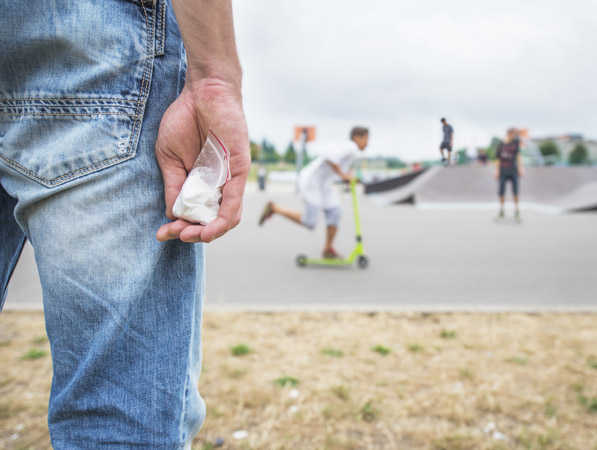Summer and First Time Drug Users

June and July Are the Most Prevalent Months for First Time Drug Users
Not surprisingly, drug use spikes in June and July for teenagers who are out of school for the summer with more time on their hands and less adult supervision. The statistics are staggering.
Teens are much more likely to try cigarettes and other drugs for the first time during the summer months, according to a new survey.
Researchers found first-time use of these substances, as well as marijuana and hallucinogens, peaks during June and July, with thousands more youths trying them each day compared to other months.
“More free time and less adult supervision can make the summertime an exciting time for many young people, but it can also increase the likelihood of exposure to the dangers of substance abuse,” Pamela S. Hyde, administrator of the Substance Abuse and Mental Health Services Administration (SAMHSA), which conducted the study, says in a news release.
Risky Summer Experimentation
In the study, researchers analyzed information from the National Survey on Drug Use and Health from 2002-2010. The survey asked participants between the ages of 12 and 17 when they first used tobacco, marijuana, and other substances.
The results showed first-time use of all tobacco products, marijuana, hallucinogens, and inhalants peaked dramatically in June or July.
For example, on an average day in June or July:
More than 5,000 youths smoked cigarettes for the first time, compared with averages of about 3,000 to 4,000 new users in other months.
More than 4,800 youths smoked marijuana for the first time, compared with a daily average of about 3,000 to 4,000 in other months.
More than 1,500 youths used hallucinogens for the first time, compared with averages of about 1,100 to 1,400 per day in other months.
First-time use of inhalants also peaked in July, with more than 1,800 new users on average per day, compared with about 1,100 to 1,700 new users each day in other months.
The only substances that did not have higher rates of first-time users during the summer months were cocaine and prescription pain drugs used for non-medical reasons.
Researchers say the summer months are a time when teens are on break from school and may have more idle time, fewer responsibilities, and less adult supervision.
“That is why it is critically important to take every opportunity we can throughout the year to talk to our young people about the real risks of substance abuse and effective measures for avoiding it, so they will be informed and capable of making the right decisions on their own,” Hyde says.
SOURCES:
Substance Abuse and Mental Health Services Administration: “National Survey on Drug Use and Health,” July 2, 2012.
News release, Substance Abuse and Mental Health Services Administration.

